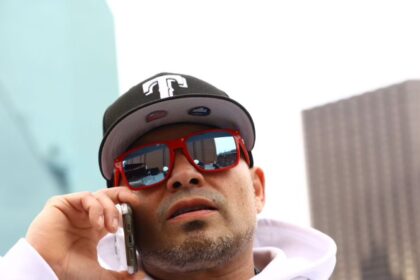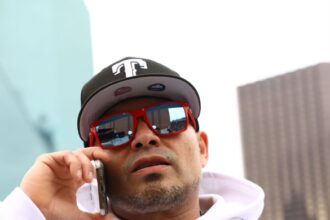The Implications of Trump’s Immunity in the Federal Indictment Case
In the upcoming months, Judge Tanya S. Chutkan faces a unique challenge as she navigates the evidence presented by special counsel Jack Smith in the federal indictment of former President Donald J. Trump. The charges, related to his efforts to overturn the 2020 election, require careful scrutiny to determine which allegations can withstand the Supreme Court’s recent ruling granting broad immunity to presidents for most of their official actions.
Judge Chutkan’s task involves assessing whether Trump’s actions were undertaken in his private capacity as a candidate or within the scope of his presidential duties. Actions deemed unofficial may be included in the evidence, while those falling within official presidential duties may be subject to immunity, depending on the circumstances.
The debate between prosecutors and defense attorneys will likely center on whether Trump acted as a candidate seeking reelection or as a president overseeing federal election laws. The Supreme Court’s new doctrine differentiates between core executive actions, which are immune from prosecution, and peripheral official acts, which may still be part of the case under certain conditions.
Judge Chutkan’s rulings on immunity will be pivotal in determining the fate of Trump’s indictment. The decision, expected by the end of October, will likely be appealed and could eventually reach the Supreme Court for a final verdict on which parts of the case proceed to trial.








